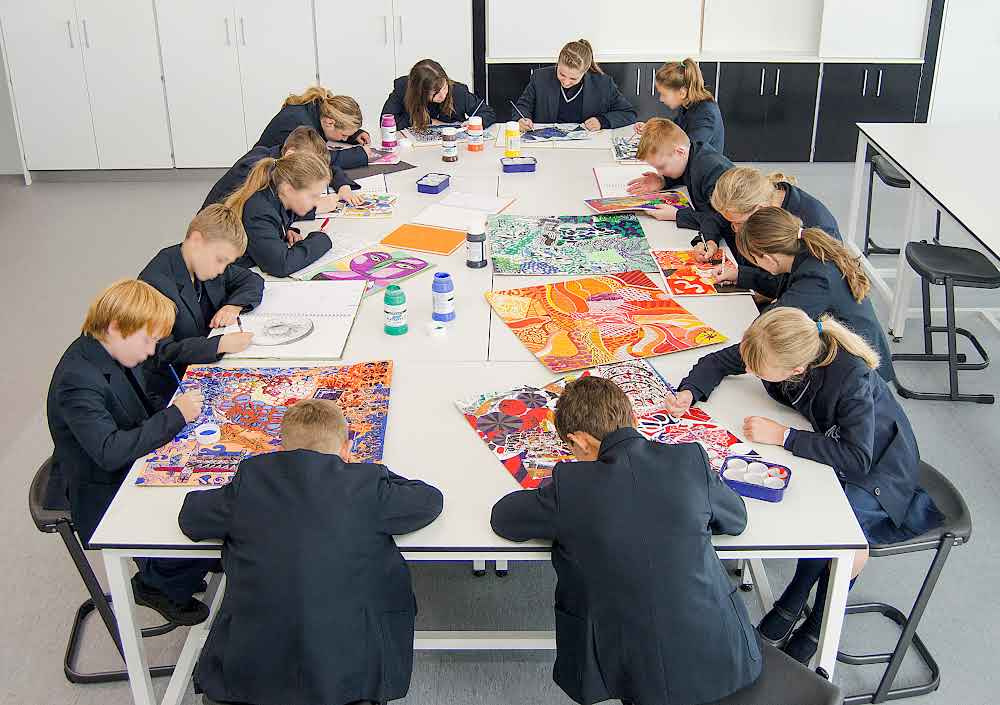
Today, 6.9 billion photos will be shared on WhatsApp, 1.3 billion photos uploaded to Instagram and another billion posted on stories and chats. Further, it’s estimated that an average person today encounters more images in a single day than a person in the 18th century would have seen in their entire lifetime. This daily tidal wave of visual data can be overwhelming for any adult – let alone young, developing minds.
Our world has never been more visually driven. Images bombard us from every direction – through social media, advertising and rolling news coverage. The ability to interpret, negotiate and make meaning from the visual information that surrounds us is more important than ever. Despite this, our education system has, at best, broadly remained the same, and at worst endured rhetoric that has falsely depreciated the role of arts in boosting cognitive performance and academic outcomes.
Images are now inseparable from how we communicate with each other, process information and navigate the world around us. Whilst it is right for educators to place great significance on strengthening our pupils’ ability to read sentences and add numbers, we must question what, if anything, are we doing to support pupils to read and understand images.
Like literacy and numeracy, visual literacy is an equally fundamental skill. From simple recognition of symbolic meanings to more complex abilities like critical thinking, analysis and creative problem-solving, visual literacy competencies are, and will only continue to be, indispensable. Without visual literacy, children risk being overwhelmed, misled or unable to fully engage with the world around them.
Taking another look at our curriculum